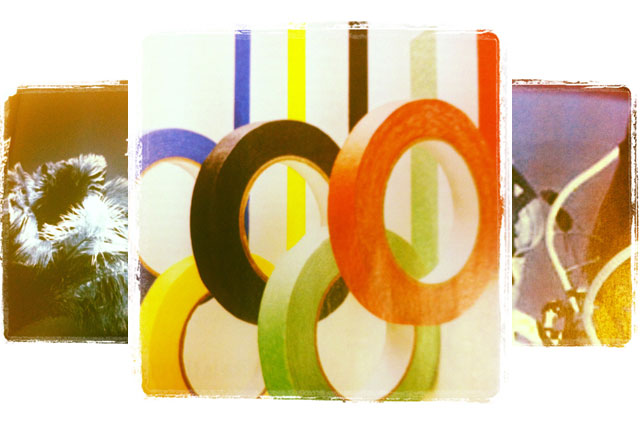
Reflecting on the Olympic Games, it is tempting to assume that its success was a foregone conclusion, but 12 months ago it was a very different story. Alongside the fears of bloated budgets and transport chaos, marketers were berated from several directions. From the Wolff Olins logo to Stella McCartney’s (rather wonderful) Adidas Team GB kits, and even the accusations that Olympic mascots Wenlock and Mandeville resembled monocular penises, marketers were in the firing line, their multimillion-pound sponsorship deals under attack.
For the marketing industry the Olympics was a huge source of pride – as it should be. If these brands had not been prepared to commit to the Games, to put their head above the parapet and provide the financial support so necessary for sporting success, it could have been a very different Olympics.
For many, however, it was the Olympics volunteers, the Games Makers, trained by McDonald’s, who were the true heroes of the games. In what was claimed to be the biggest mobilisation of people since the Second World War, these 70,000 volunteers truly encapsulated the spirit of the Games. Their enthusiasm was contagious, and those attending the events were treated to a glimpse of what corporate Britain could be like if people actually cared about what they were doing.
While agencies rushed to declare which brand took gold in the ‘social-media Olympics’, for many of us, the Games delivered something bigger than any brand-tracking study could possibly measure.
It is an achievement best summarised by a chance encounter: one day during the Games, on the Tube going to the Olympic Stadium, Lord Coe turned to thank one of the volunteers. The man, an intensive-care consultant by profession, was a medical assistant at the boxing, and revealed that he wanted to be a volunteer after treating victims of the July 7 2005 bomb attacks, which took place the day after it had been announced that London was to host the 2012 Games. The volunteer said the experience had been cathartic; after seeing the very worst of mankind, he was now in the midst of the very best.
This is perhaps the Games’ greatest legacy.
The Upshot
-
A new age of sports sponsorship
Sport's ability to unite, inspire passion and bring people together is unparalleled, and 2012 not only raised the bar when it comes to sports sponsorship, it moved it into a whole new sphere; one that the world’s greatest marketers will aspire to reach.
-
Embrace real role models
For the generation that has grown up amid a sea of young people seeking fame for its own sake, without a focus on developing any discernable skill, the London 2012 Olympics represented a phenomenal cultural shift. From Nicola Adams’ historic gold medal in women’s boxing to sprinter Kirani James swapping his running number with rival Oscar Pistorius, the Games gave brands the opportunity to get behind some inspirational and diverse role models. This trend will leave smart brands reappraising their reliance on overindulged footballers to back the kind of heroes British consumers embraced during the Olympic and Paralympic Games.
-
Inspire a generation
The Olympics promised to ‘inspire a generation’: carrying this baton onward is the greatest challenge for the sports marketing industry in 2013.
Was the Olympics your marketing moment of the year? Let us know @MarketingUK @nickykc


.jpg)


.jpg)